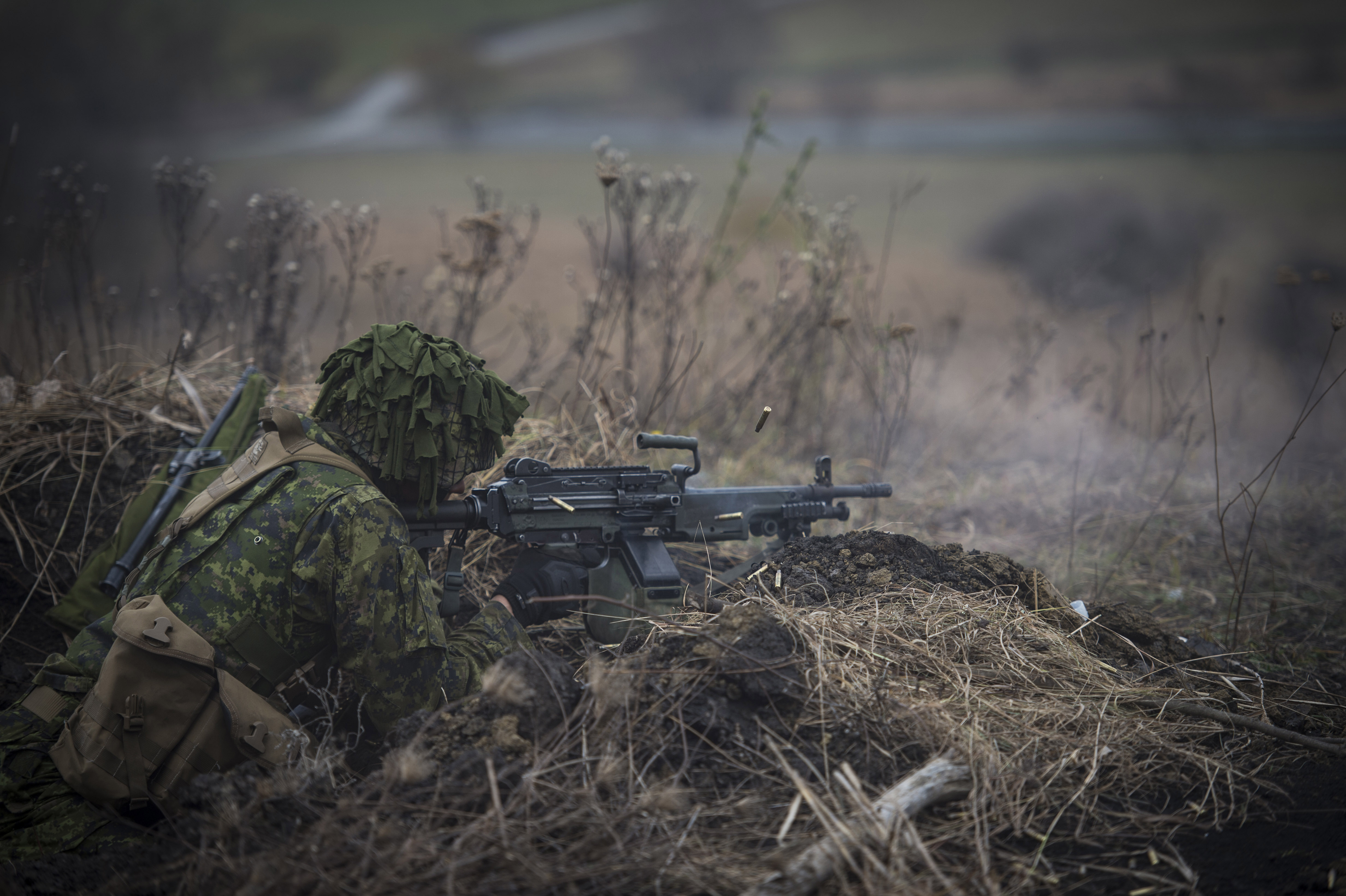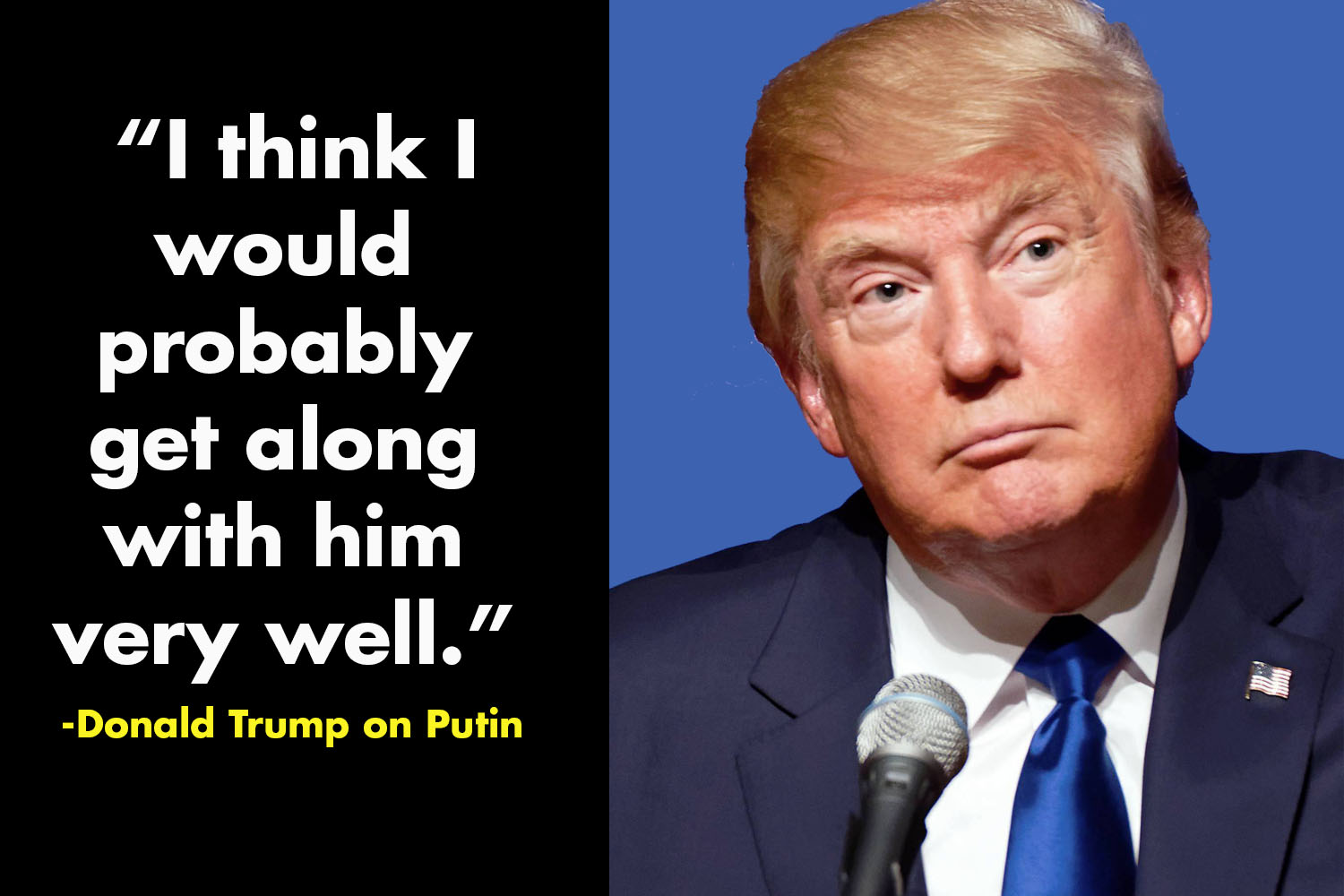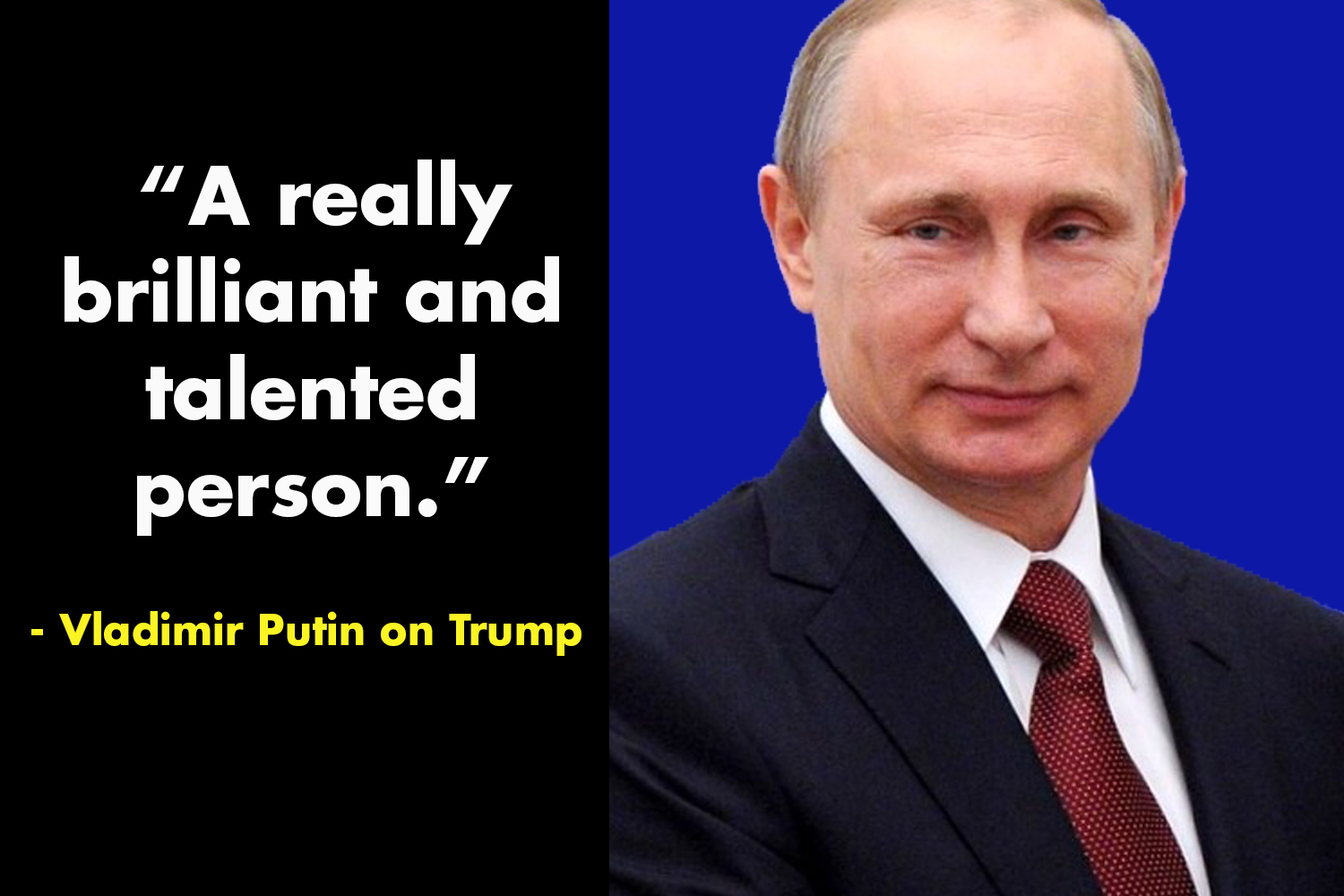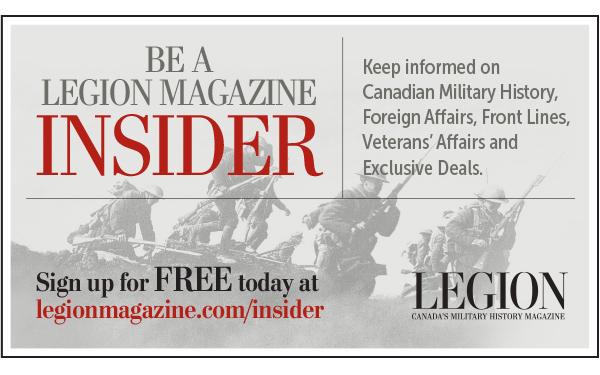Some North Atlantic Treaty Organization members are sweating and Vladimir Putin is wringing his hands after Donald Trump’s stunning upset in the Nov. 8 U.S. presidential election.
The first-time political candidate made no bones during the campaign about his dissatisfaction with U.S. security arrangements, demanding in April that its “freeloading” allies carry a greater share of the financial burden if the alliance is to continue.
“The countries we are defending must pay for the cost of this defence and, if not, the U.S. must be prepared to let these countries defend themselves,” he said. “We have no choice.”
He demanded that allies spend two per cent of GDP on their militaries, double Canada’s proportion.
He called the NATO alliance “obsolete” and urged it to focus more on terrorism. He proposed summits for NATO and Asian allies to discuss the “rebalancing of financial commitments” and “new strategies for tackling our common challenges.”
These statements came as Canada deferred $3.7 billion in capital defence spending by five years and as Europe faced an increasingly aggressive Russia.

A member of 3 Platoon, Alpha Company, 1 Princess Patricia’s Canadian Light Infantry (1 PPCLI) engages targets with a C9 Light Machine Gun at Land Forces Combat Training Centre Getica in Romania during Exercise SCORPION FURY as part of Operation REASSURANCE on November 1, 2016. [Combat Camera]
“A strong NATO is important for Europe, but it’s also important for the United States,” said Stoltenberg. “We have to remember that the only time that we have invoked Article 5, our collective defence clause, is after an attack on the United States; after 9/11.”
For his part, Putin said Russia is ready to restore full-fledged diplomatic relations with the United States. “We are aware that it is a difficult path, in view of the unfortunate degradation of relations between the Russian Federation and the United States,” but he added he hoped the U.S.-Russian relations could be rebuilt “based on principles of equality, mutual respect and a real accounting each other’s positions.”
Trump routinely praised Putin’s leadership during the campaign, calling him a stronger leader than Barack Obama. He even questioned findings by U.S. intelligence agencies that the Russians had hacked the Democratic Party and Hillary Clinton’s campaign.
Advertisement
























